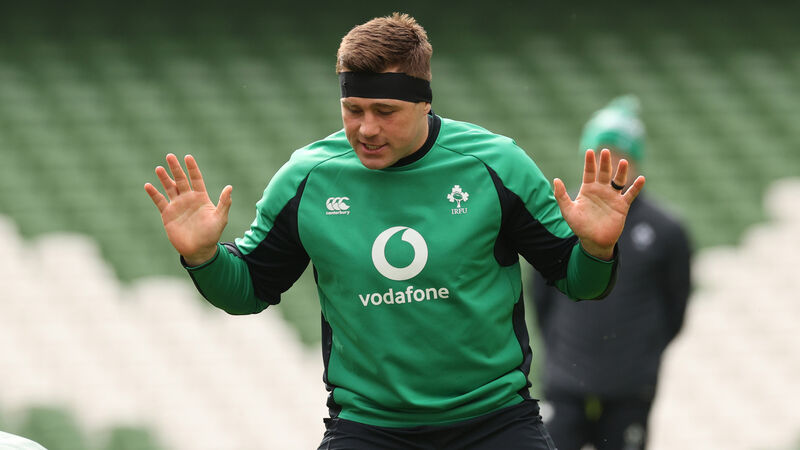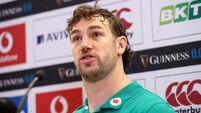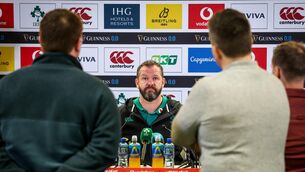Donal Lenihan: England clash a true examination of where Ireland stands

Eddie Jones has always prided himself in being ahead of the posse when looking to other sports to gain an edge or those tiny gains that might help to keep his side to the forefront in the race for silverware.













